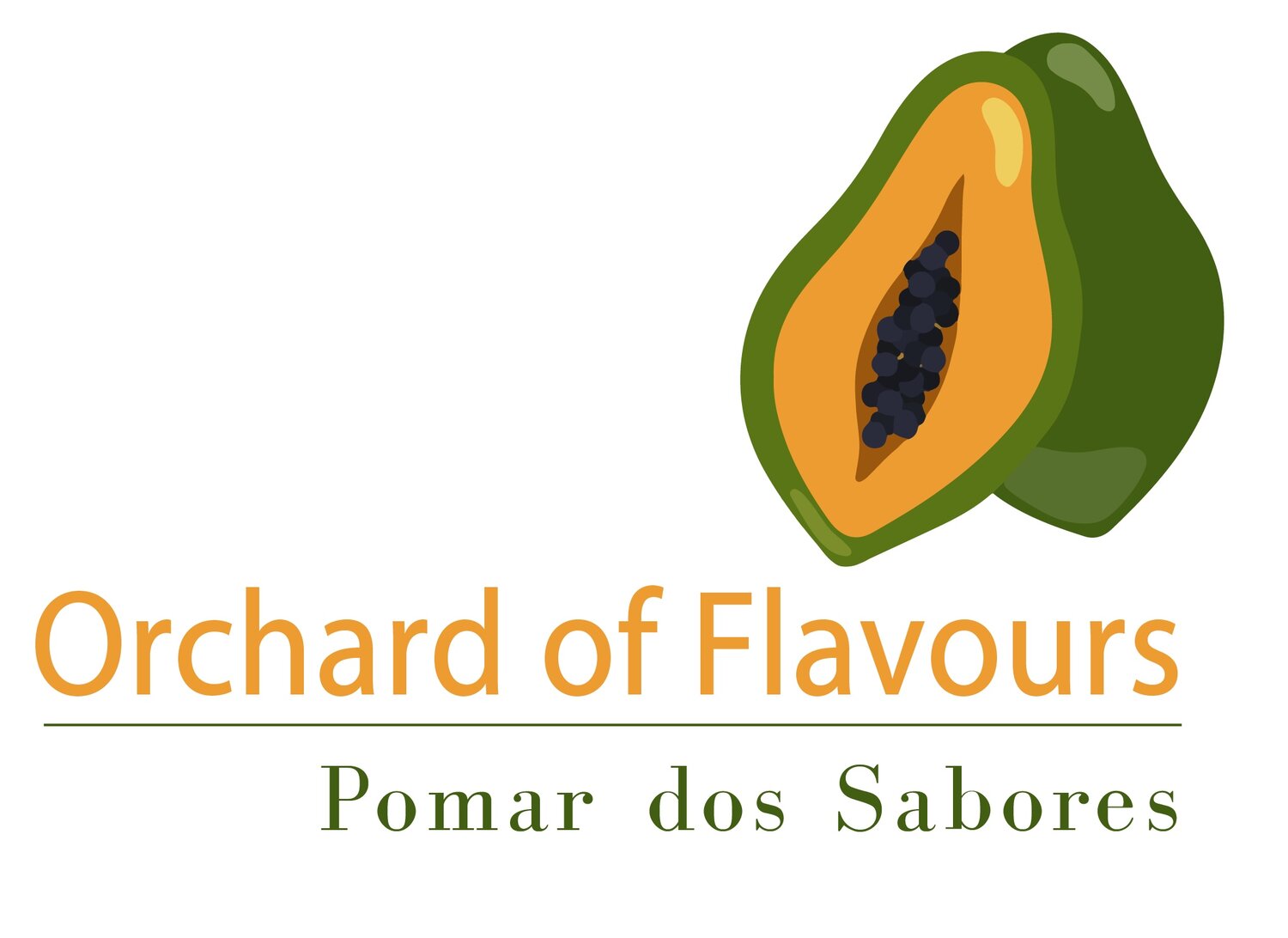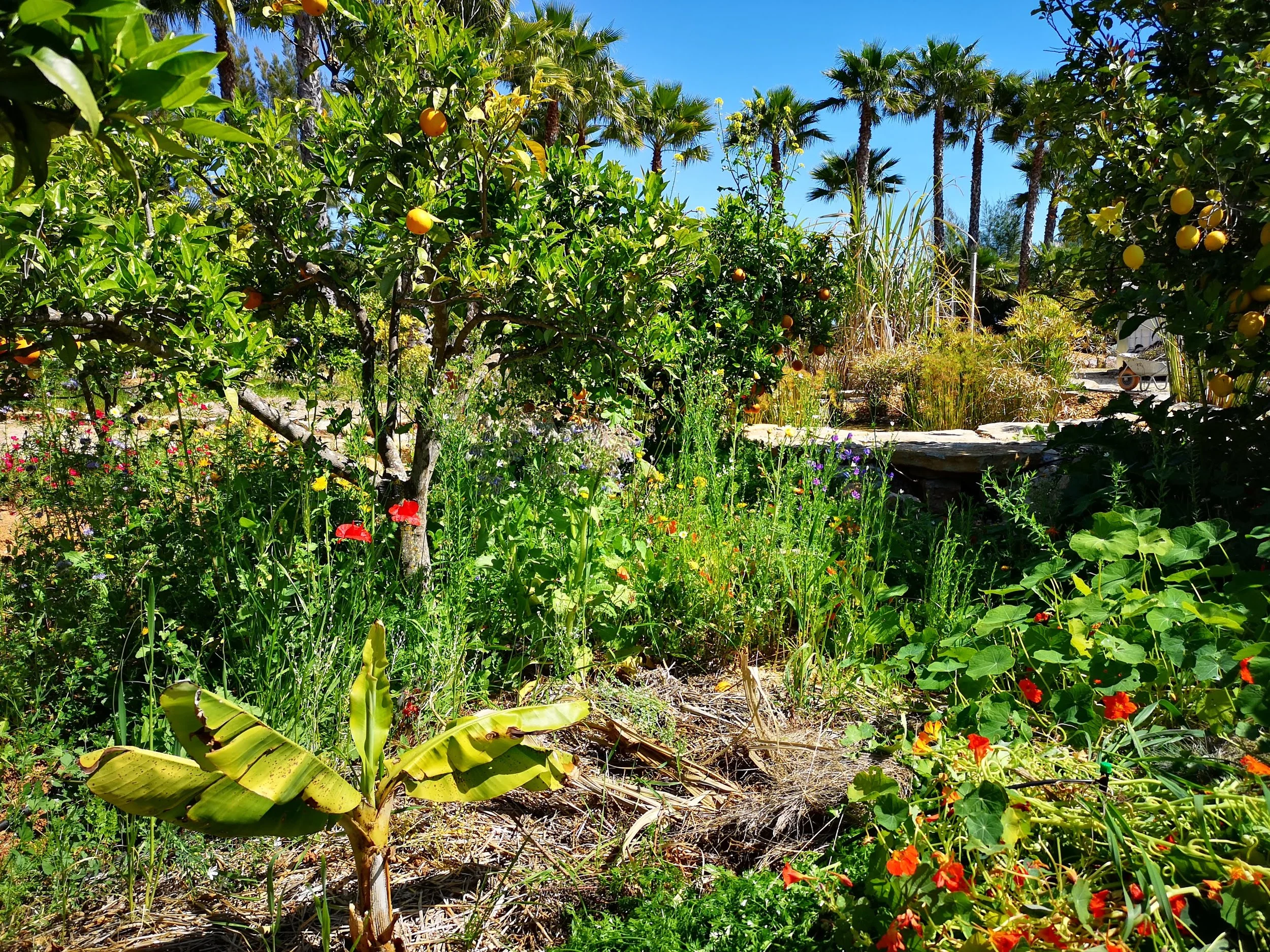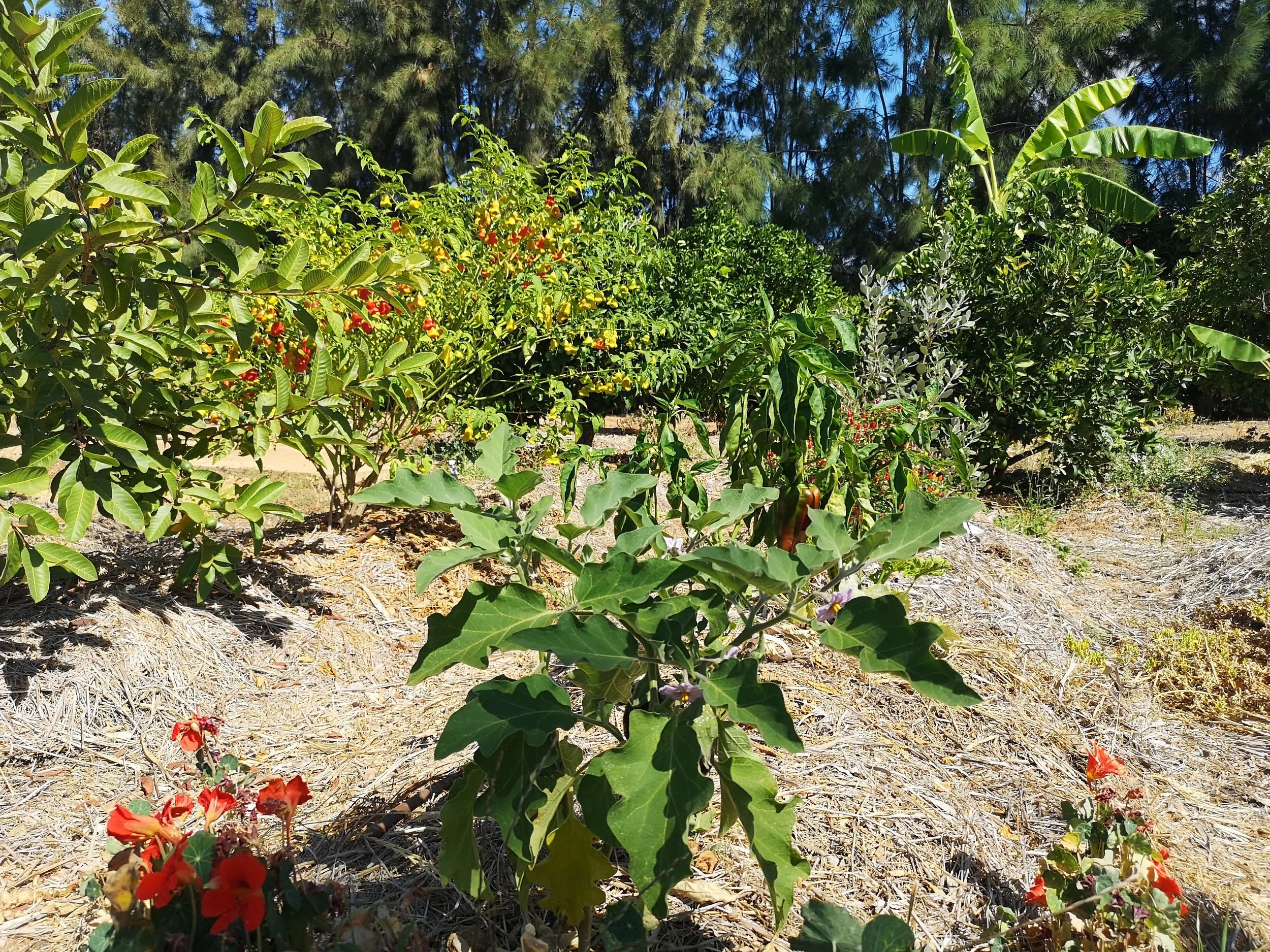“Permaculture gives us a toolkit for moving from a culture of fear and scarcity to one of love and abundance.”
— TOBY HEMENWAY
41st
anniversary of Permaculture
1970s
Originated in Australia by David Holmgren and Bill Mollison
I.
Permaculture goes way back.
Well, not too far back; just far enough to have tried out a few ideas. Permaculture started in the early 1970s in Australia, in Tasmania to be precise, by David Holmgren and Bill Mollison. The ideas, or the movement, continued to spread and to be worked on. The first publication of the UK-based Permaculture Magazine was considered to be a pivotal moment for the spread of the ethics. The 1990s were essential to the spreading of permaculture outside of Australia, and just like every other aspect of society, the internet made communicating and sharing ideas that much simpler. To read a much more thorough, though still not complete, history of the movement, click here.
Today, permaculture is generally considered to have 12 principles, based along the ethics of “earth care, people care, fair share.” The purpose of starting the design process with ethics is to maintain balance with nature. To learn more about the history of permaculture, and about what it strives to be, read this New York Times article. Still not mainstream everywhere in the world, permaculture is respected amongst organic gardeners and farmers.
Casa Calma Permaculture Garden - Luz de Tavira - April 2019
II.
Permaculture is everywhere.
It originated in Australia, but networks exist all over Europe, parts of Latin America, in Asia, and in regions all over North America. New York has a permaculture exchange, and there is also a permaculture magazine based out of the United States. Since permaculture is about creating networks of people to help build sustainable communities, a quick google search can be very enlightening on what is available in your area. Connecting to a permaculture network can be a great way to touch base with other people trying to live as sustainably as possible, and to feel a sense of community while doing it.
Mulched raised beds at Casa Calma permaculture garden - Luz de Tavira - June 2019
III.
Permaculture certainly applies mostly to the physical world.
Considering that its origins lie agriculture, ecological human habitats, and food systems, this is not surprising. Permaculture offers ways to farm organically and naturally, with the lowest possible environmental impact. This is possible, essentially through the idea that farms are also eco-systems, despite being human-made. Creating resilient systems is essential permaculture design, so many permaculturists work on growing their own food, seed-saving, and natural building. Of course, fun DIY projects are always involved in sustainability; pickling and canning are essential, fun projects to preserving food. Permaculture also provides opportunities for making much-loved beverages, such as wine.
Wooden raised beds at Casa Calma permaculture garden - Luz de Tavira - February 2018
IV.
Permaculture doesn’t just apply to people’s gardens or farms.
It’s more than organic gardening, even though it has been described as “growing a revolution in your backyard.” It really is meant to be just a set of design principles. As a result, people have been working to develop something called “social permaculture,” meaning an organization or relationship could be designed based on nature and sustainability principles. By applying the principles, ethics, and the idea that our lives should reflect natural systems, the social world can be “designed” with permaculture as well. So for those who don’t necessarily like to get their hands dirty, or live in an apartment even, it is possible to become involved in this holistic life. For example, sharing economies and social activism can be permaculture-inspired. Other social-permaculture principles have been developed in this vain, to read more, check out the Permaculture Research Institute.




